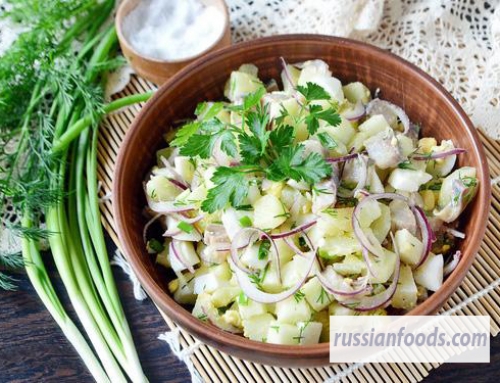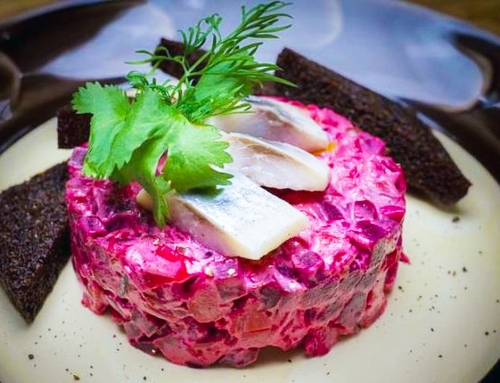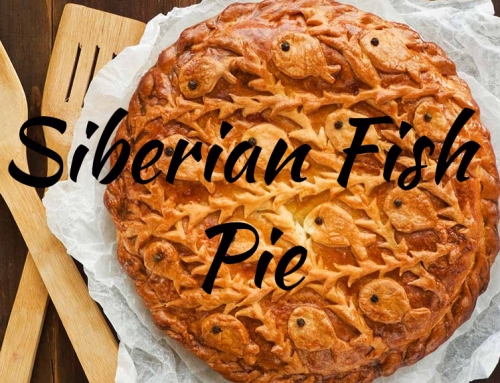…But her chief care was the kitchen and the dinner. Concerning the latter she consulted the entire household, including the aged aunt.
Each member of the family proposed a special dish, and the sum of these proposals was taken into consideration, adjudicated upon in detail, and adopted or rejected according to the final decision of the mistress. From time to time, also, a maid was dispatched to the culinary regions to remind the cook of this, or to tell her to add that, or to instruct her to change the other, while conveying to her sugar, honey, and wine for flavouring, and also seeing to it that the said cook was using everything which had been measured out.
In fac, the supervision of food was the first and the principal domestic preoccupation of Oblomovka. What calves were not fattened for the year’s festivals! What poultry was not reared! What forethought and care and skill were not devoted to the consumption of comestibles! Game fowls and pullets were set apart solely for birthdays and other solemn occasions wherefore they were stuffed with nuts. For the same reason geese were caught several days beforehand, and hung up in bags until wanted, in order that, being restrained from exercise, they might put on the more fat. And what a roasting and a pickling and a baking would sometimes take place, and what mead and kvass were there not brewed, and what pies were there not compounded! Until noon, therefore, everything at Oblomovka was in a state of bustle and commotion.
Life was indeed full and antlike and in evidence! Even on Sundays and holidays these labour-loving ants did not desist from their toil, for on such days the clatter of knives in the kitchen sounded louder and more rapid than ever, a maid made several journeys from the storeroom to the kitchen with double quantities of meal and eggs, and in the poultry-run an added amount of cackling and of bloodshed took place.
Likewise, on such days there was baked a gigantic pie, which was eaten by the gentry on the same and the following days, and by the maids on the third and fourth; after which, should it survive to the fifth day, the last stale remnants, devoid of stuffing, were given, as a special favour, to Antip, who, crossing himself, undauntedly attacked the rock-hard fragments–though it was in the thought that it had recently been the gentry’s pie rather than in the pie itself that he took most delight; even as an arch?ologist rejoices to drink even the poorest wine from the shell of a thousand-year-old vessel.
Ivan Goncharov






